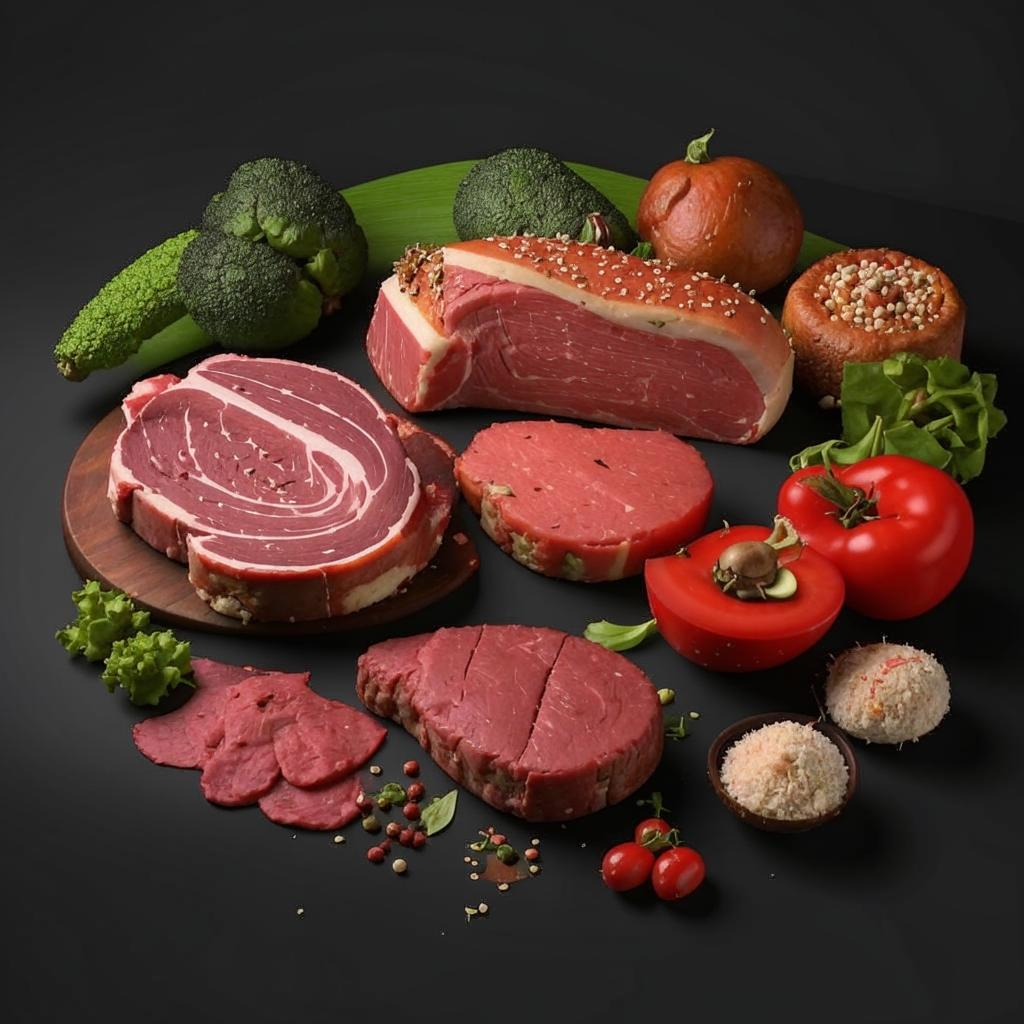Micro-influencers are reshaping marketing. Forget celebrity endorsements; brands are increasingly turning to everyday individuals with smaller, highly engaged audiences. These micro-influencers, typically boasting between 1,000 and 100,000 followers, offer a level of authenticity that resonates deeply with consumers.
Their appeal lies in their relatability. Unlike mega-influencers who often feel distant and manufactured, micro-influencers cultivate genuine connections with their followers. They share personal experiences, offer honest reviews, and actively engage in conversations. This fosters a sense of trust and credibility, making their recommendations more persuasive.
For brands, micro-influencers offer a cost-effective way to reach niche markets. Their smaller follower counts translate to lower fees compared to celebrity endorsements. Furthermore, their targeted approach allows brands to connect with specific demographics and interests, resulting in higher conversion rates.
The key to success with micro-influencer marketing is authenticity. Brands must partner with individuals whose values align with their own and allow them creative freedom to express their opinions genuinely. Trying to control the message too tightly can backfire, as consumers are quick to detect inauthenticity.
Platforms like Instagram, TikTok, and YouTube are fertile ground for micro-influencers. From fashion and beauty to food and travel, these individuals are building loyal followings by sharing their passions and expertise. As consumers become increasingly skeptical of traditional advertising, the power of micro-influencers will only continue to grow. Brands that embrace this shift and prioritize authenticity will be best positioned to succeed in the ever-evolving digital landscape. The key is to build collaborative, long-term relationships with these authentic voices.Finishtit















